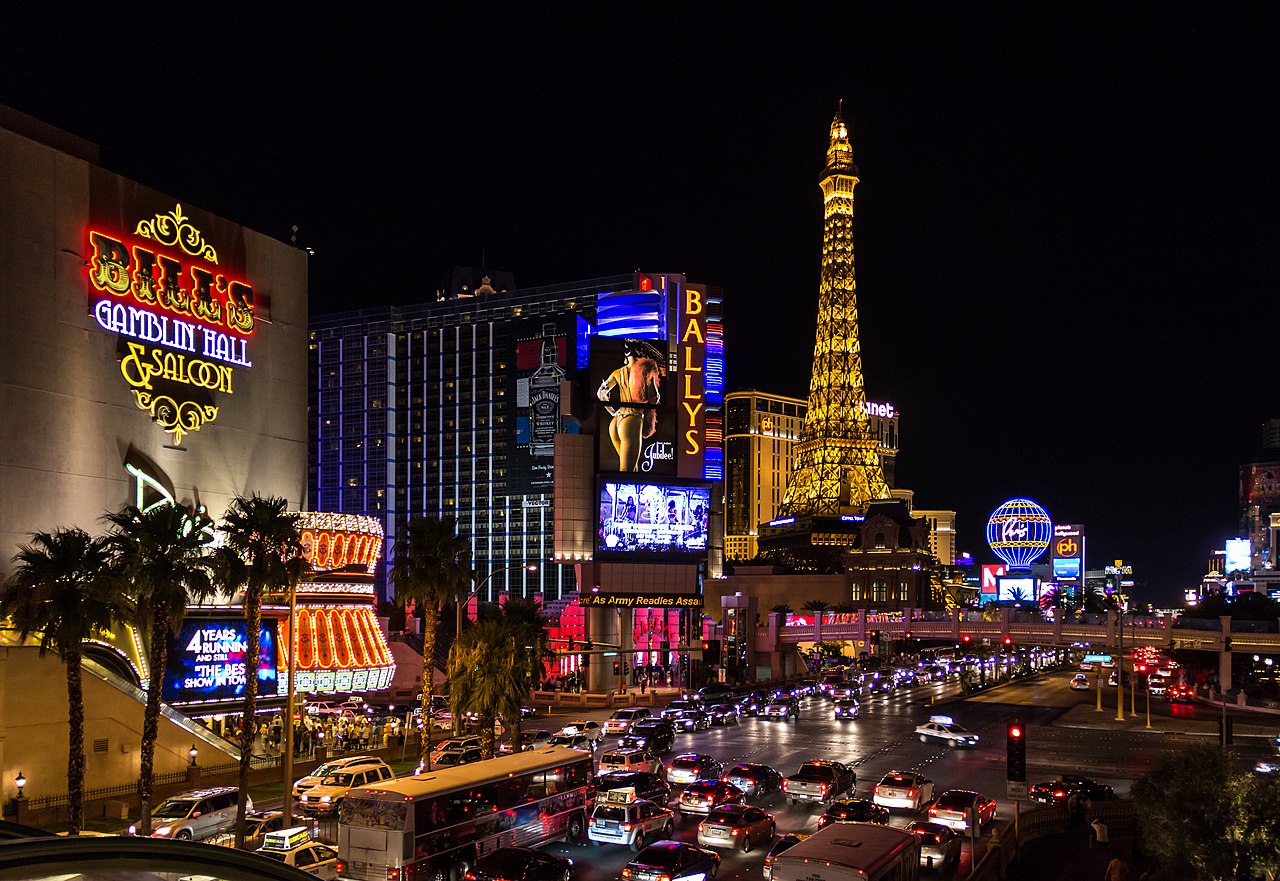Skift Take
There's a worrying trend in American hospitality: Travelers coming to the U.S. from abroad often encounter sloppiness, rudeness, and ineptitude in stereo sound.

On Experience
Colin Nagy, a marketing strategist, writes this opinion column for Skift on hospitality and business travel. On Experience dissects customer-centric experiences and innovation across the luxury sector, hotels, aviation, and beyond. He also covers the convergence of conservation and hospitality.
You can read all of his writing here.
Last year, Dubai Airports CEO Paul Griffiths landed at JFK and it took him four-and-a-half-hours to get through immigration.
Griffiths oversees an airport that is the model of efficiency: I generally make it through in less than 10 minutes.
“If anyone from JFK is listening and would like a bit of free consultancy, you know where I am,” joked Griffiths when he shared the story on a morning radio show in Dubai.
Griffiths’ anecdote puts the spotlight on a worrying trend in American hospitality: Travelers coming to the U.S. from abroad often encounter sloppiness, rudeness, and ineptitude in stereo sound.
Delays at American airports are just the start. Think about what comes next. A stretch of road near JFK has been under construction for decades, spiraling into a comical bureaucratic mess that serves as a perfect metaphor for the state of arrivals into the U.S.
Another area of concern is hotels. I’ve written about the widening gap between exorbitant rates and quality of service in the luxury space. Brands are raising rates for rooms without the staff or expertise to justify these increases.
Price gouging is widespread. Hidden fees for basic aspects of the booking and guest experience are rampant. A Skift colleague was at a hotel in Las Vegas and wanted to order tea to the room. There was no kettle, so they offered to send up hot water – for $27.
It’s death by a thousand cuts.
Some price increases are justified. There’s still a ton of demand sparked by “revenge travel” post-Covid and general inflation has driven up wages and costs.
But people feel ripped off and that is detrimental to inbound tourism to the U.S.
That’s especially true because the level of service hasn’t increased with prices. The exodus of many hospitality workers during COVID, who never returned, has shifted the perception of service and hospitality jobs from desirable to undervalued, especially when dealing with an increasingly rude public in a fractured country.
It’s uplifting to visit American destinations like national parks around Moab or cities like Nashville and hear diverse accents from foreign visitors enjoying the sights and sounds. The country offers incredible nature, cities, culture, and diversity. However, if the primary points of contact, such as airports, hotels, and restaurants, fall short, the willingness to endure a long flight diminishes.
A visitor is less likely to return when they feel exploited.
Other regions, like Southeast Asia and the Middle East, are developing their tourism economies based on solid infrastructure and fundamental hospitality principles. The U.S. cannot afford complacency. Tourism must be earned through every interaction.
Have a confidential tip for Skift? Get in touch
Tags: airlines, hotels, On Experience, tourism
